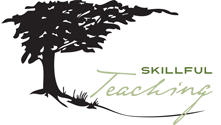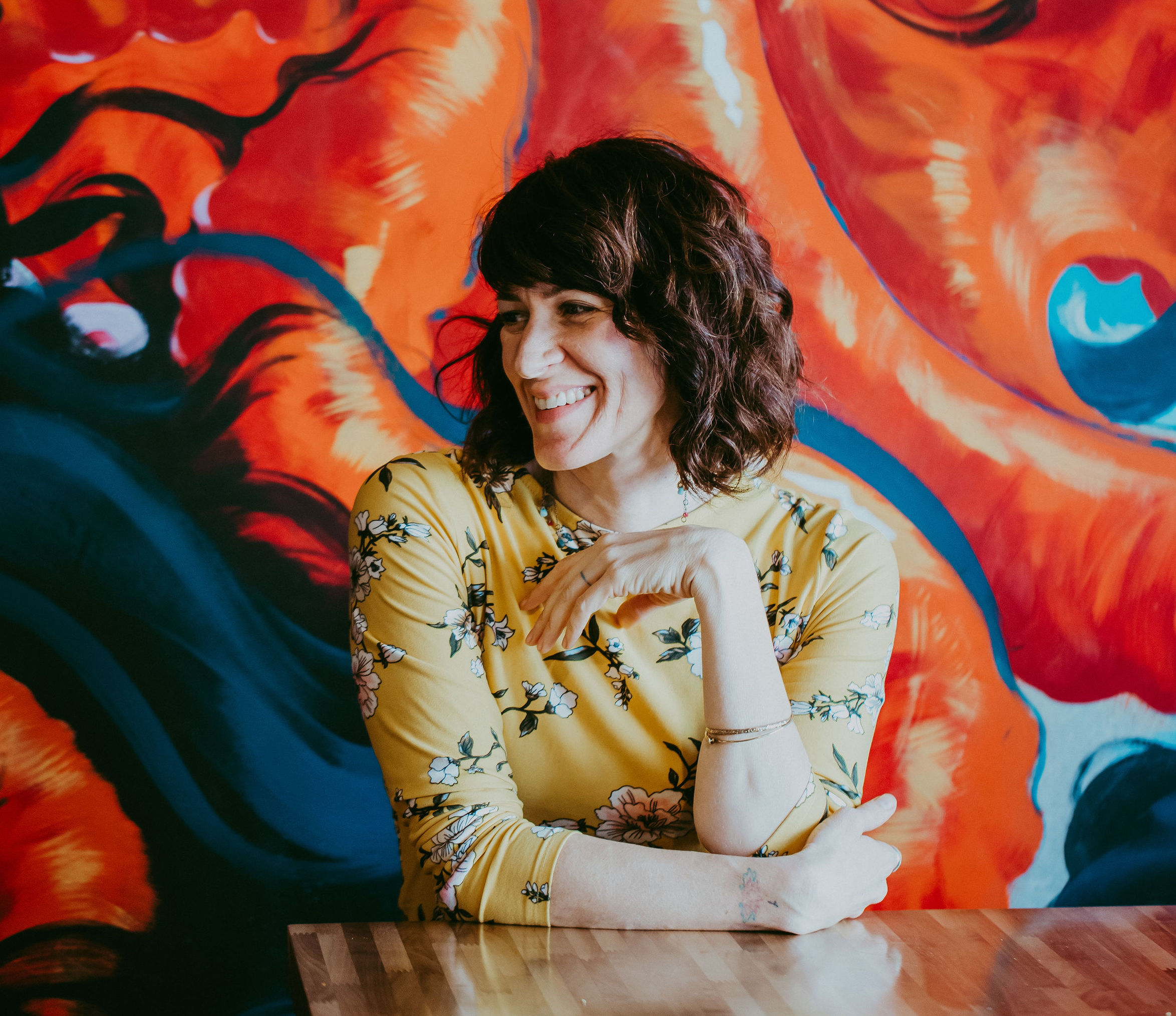Podcast: Play in new window | Download
Subscribe: Apple Podcasts |
In the next two episodes, Debora and I talk about the teacher training journey, where we can get held up, waylaid, thrown for a loop, lose our minds, and where and how we can support ourselves along the way.
If you are in the midst of your TT or newly out of training, I think you are really going to enjoy this show. We explore some cool ideas about how to “bring into the light” the challenges you may face, preparing, enlisting help and support, and what it means to stay committed to the path of being a teacher.
We are also looking for three types of teachers who would be interested in adding to this conversation:
- Those who are are just out of TT
- Those who are 1-5 years out of their TT
- And those teachers who are 5 years or more out of their TT
We are very interested in what you would say about the process of becoming a teacher, how it took shape during your TT and after, who shaped you, and what you learned about yourself. In essence, how has becoming a teacher changed you?
If you are interested in getting on the line with us and sharing your insights and your story, email me, Chantill, at thinkingpilatespodcast.com
Enjoy!
P.S. Episode 10 we interview a wonderful new teacher who shares how becoming a teacher has literally changed her life. You’ll want to check that out too!

 How are you showing up? Why are you showing up? Why do you teach? What IS teaching? Why do you care? This is Skillful Teaching: A Whole-person approach to being an expert teacher, not an expert technician. There's a difference. Want to know what it is?
How are you showing up? Why are you showing up? Why do you teach? What IS teaching? Why do you care? This is Skillful Teaching: A Whole-person approach to being an expert teacher, not an expert technician. There's a difference. Want to know what it is?